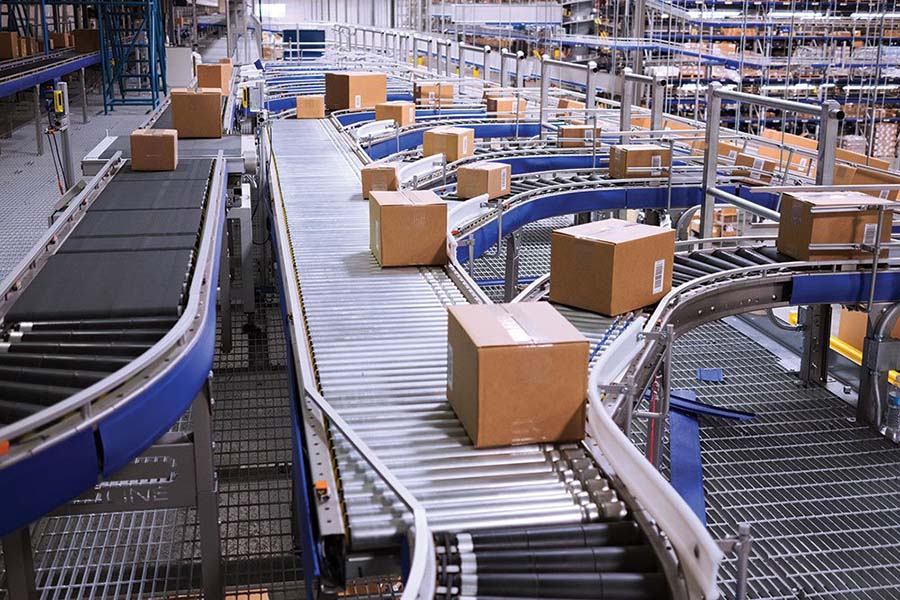
-
 Afrikaans
Afrikaans -
 Albanian
Albanian -
 Amharic
Amharic -
 Arabic
Arabic -
 Armenian
Armenian -
 Azerbaijani
Azerbaijani -
 Basque
Basque -
 Belarusian
Belarusian -
 Bengali
Bengali -
 Bosnian
Bosnian -
 Bulgarian
Bulgarian -
 Catalan
Catalan -
 Cebuano
Cebuano -
 Corsican
Corsican -
 Croatian
Croatian -
 Czech
Czech -
 Danish
Danish -
 Dutch
Dutch -
 English
English -
 Esperanto
Esperanto -
 Estonian
Estonian -
 Finnish
Finnish -
 French
French -
 Frisian
Frisian -
 Galician
Galician -
 Georgian
Georgian -
 German
German -
 Greek
Greek -
 Gujarati
Gujarati -
 Haitian Creole
Haitian Creole -
 hausa
hausa -
 hawaiian
hawaiian -
 Hebrew
Hebrew -
 Hindi
Hindi -
 Miao
Miao -
 Hungarian
Hungarian -
 Icelandic
Icelandic -
 igbo
igbo -
 Indonesian
Indonesian -
 irish
irish -
 Italian
Italian -
 Japanese
Japanese -
 Javanese
Javanese -
 Kannada
Kannada -
 kazakh
kazakh -
 Khmer
Khmer -
 Rwandese
Rwandese -
 Korean
Korean -
 Kurdish
Kurdish -
 Kyrgyz
Kyrgyz -
 Lao
Lao -
 Latin
Latin -
 Latvian
Latvian -
 Lithuanian
Lithuanian -
 Luxembourgish
Luxembourgish -
 Macedonian
Macedonian -
 Malgashi
Malgashi -
 Malay
Malay -
 Malayalam
Malayalam -
 Maltese
Maltese -
 Maori
Maori -
 Marathi
Marathi -
 Mongolian
Mongolian -
 Myanmar
Myanmar -
 Nepali
Nepali -
 Norwegian
Norwegian -
 Norwegian
Norwegian -
 Occitan
Occitan -
 Pashto
Pashto -
 Persian
Persian -
 Polish
Polish -
 Portuguese
Portuguese -
 Punjabi
Punjabi -
 Romanian
Romanian -
 Russian
Russian -
 Samoan
Samoan -
 Scottish Gaelic
Scottish Gaelic -
 Serbian
Serbian -
 Sesotho
Sesotho -
 Shona
Shona -
 Sindhi
Sindhi -
 Sinhala
Sinhala -
 Slovak
Slovak -
 Slovenian
Slovenian -
 Somali
Somali -
 Spanish
Spanish -
 Sundanese
Sundanese -
 Swahili
Swahili -
 Swedish
Swedish -
 Tagalog
Tagalog -
 Tajik
Tajik -
 Tamil
Tamil -
 Tatar
Tatar -
 Telugu
Telugu -
 Thai
Thai -
 Turkish
Turkish -
 Turkmen
Turkmen -
 Ukrainian
Ukrainian -
 Urdu
Urdu -
 Uighur
Uighur -
 Uzbek
Uzbek -
 Vietnamese
Vietnamese -
 Welsh
Welsh -
 Bantu
Bantu -
 Yiddish
Yiddish -
 Yoruba
Yoruba -
 Zulu
Zulu
Wholesale Fast Thread Rolling Machines for High-Speed Production and Efficient Manufacturing Solutions
Wholesale High-Speed Thread Rolling Machines A Key to Efficient Fastener Production
In the manufacturing world, the demand for high-quality fasteners is ever-increasing, driven by industries such as automotive, aerospace, and construction. One of the essential tools in the fastener production process is the high-speed thread rolling machine. These machines play a crucial role in creating strong, precise threads on various types of fasteners, including bolts, screws, and nuts. As manufacturers look for efficiency improvements and cost reductions, the wholesale market for high-speed thread rolling machines has seen significant growth.
Understanding Thread Rolling Machines
Thread rolling is a cold-forming process that shapes the material into threads by deforming it with a set of rotating dies. Unlike traditional cutting methods, thread rolling produces less waste and enhances the mechanical properties of the metal by refining its grain structure. High-speed thread rolling machines are specifically designed to increase production rates without compromising quality. They can roll threads at speeds that greatly exceed those of conventional machines, allowing manufacturers to meet high-volume demands with ease.
Benefits of High-Speed Thread Rolling Machines
1. Increased Production Efficiency High-speed thread rolling machines have the capability to produce thousands of fasteners per hour. This efficiency helps manufacturers keep up with large orders and reduces lead times, which is crucial in today's fast-paced industrial environment.
2. Cost-Effectiveness By using these machines, manufacturers can decrease production costs. The cold-forming process typically requires less energy compared to traditional machining methods, and the reduced material waste translates into lower overall costs.
3. Superior Quality Threads The process of thread rolling improves the strength of the fasteners. The cold working of the material enhances its tensile strength, making the resulting threads more durable and reliable. High-speed machines ensure that the threads are consistent and accurate, which is vital for product performance.
wholesale high speed thread rolling machine

4. Versatility Modern thread rolling machines can accommodate various sizes and types of fasteners. Manufacturers can easily switch between different production runs, making these machines suitable for both large-scale operations and smaller jobs.
5. Automation and Technology Integration Many high-speed thread rolling machines are equipped with advanced technologies such as computer numerical control (CNC) systems. These systems enable automated adjustments and high precision, further enhancing production efficiency.
Wholesale Market Trends
The wholesale market for high-speed thread rolling machines is characterized by a diverse range of suppliers and manufacturers offering advanced solutions. As industries evolve and seek ever-higher standards for quality and efficiency, the demand for these machines is likely to grow. Manufacturers are increasingly looking for suppliers who can provide comprehensive services, including installation, training, and maintenance of the machines.
Moreover, the rise of e-commerce platforms has facilitated easier access to these machines for manufacturers worldwide. Buyers can compare specifications, prices, and reviews from different suppliers without needing to engage in lengthy negotiations or travel. This accessibility drives competition, inspiring manufacturers to innovate and improve machine capabilities continually.
Conclusion
In the fastener manufacturing sector, high-speed thread rolling machines are indispensable. They not only bolster production efficiency but also enhance the quality of the end products. As the wholesale market for these machines expands, manufacturers have the opportunity to invest in technology that will secure their competitiveness and meet the growing demands of various industries. With continued advancements in machine technology and an increasing focus on cost-efficiency, high-speed thread rolling machines are set to play a vital role in the future of manufacturing.
